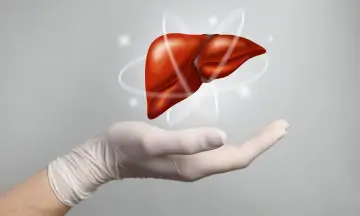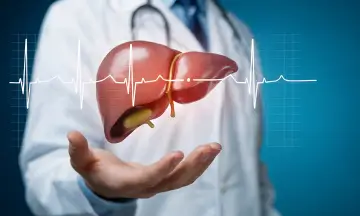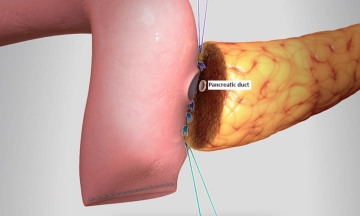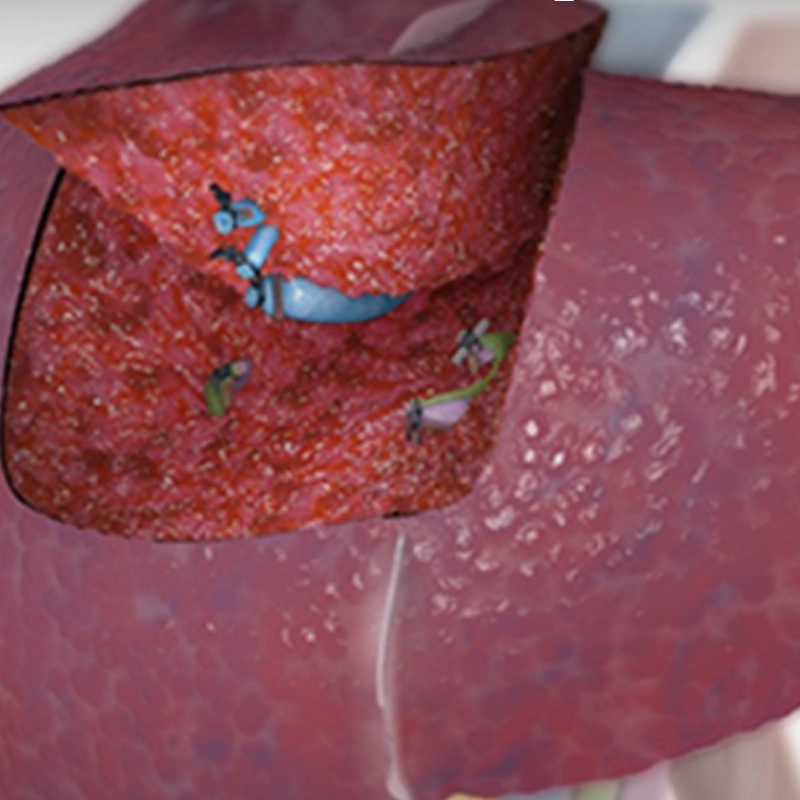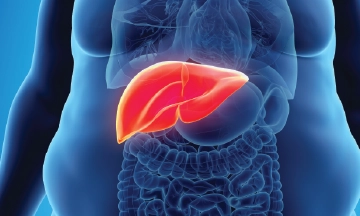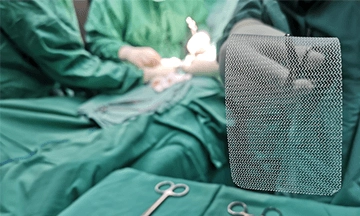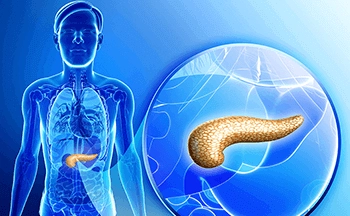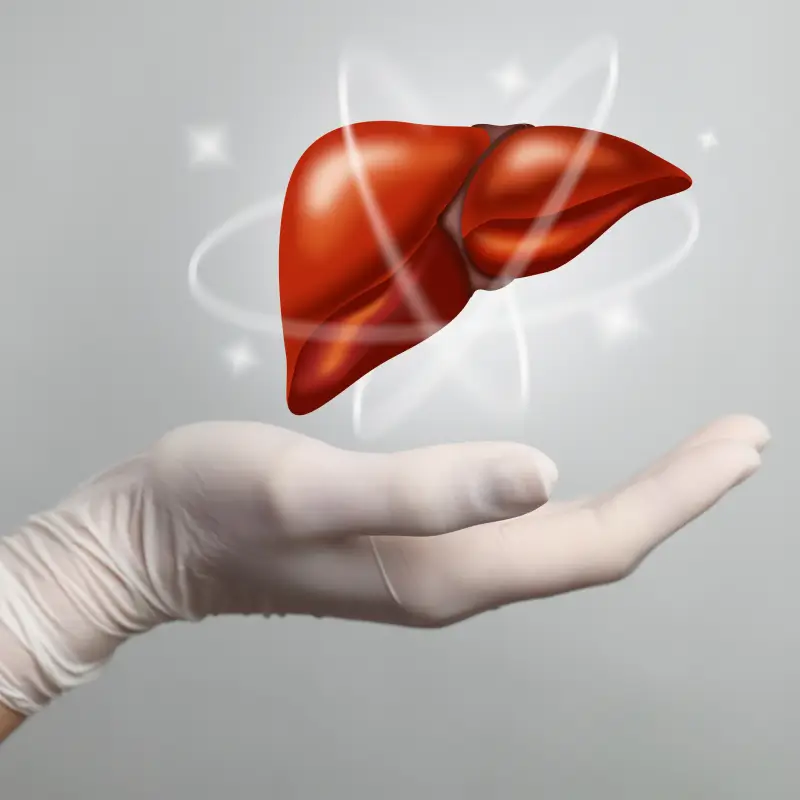
Liver transplant surgery is an essential life-saving procedure for individuals suffering from advanced liver disease, cirrhosis, or acute liver failure when other treatment options have failed. This surgery involves replacing a damaged or diseased liver with a healthy one, which can come from either a deceased donor or a living donor. Given its complexity, liver transplant surgery offers patients the potential for renewed life and long-term survival.
What is Liver Transplant Surgery?
Liver transplant surgery is a medical procedure where a patient’s diseased liver is removed and replaced with a healthy liver from a donor. Donor livers can come from either deceased individuals or living donors, the latter of whom may donate a portion of their liver. The liver’s unique ability to regenerate itself allows the donor liver to grow back to full size after being transplanted, making living donor liver transplants a feasible option.
How Does a Liver Transplant Work?
You may wonder, “How does a liver transplant work?” Here's a simplified breakdown of the process:
- Evaluation: The first step involves a thorough medical assessment to determine whether the patient is a good candidate for a liver transplant. This may include imaging tests, blood work, and consultations with specialists.
- Waitlisting: If the patient qualifies, they are added to the liver transplant waiting list. The priority for receiving a transplant is based on the severity of the liver disease, assessed using the MELD (Model for End-Stage Liver Disease) score.
- Finding a Donor: Once a matching liver becomes available, surgery is scheduled.
- Surgery: During the procedure, the damaged liver is removed, and the healthy donor liver is implanted, connecting it to the patient’s blood vessels and bile ducts.
- Recovery: After surgery, patients are closely monitored in the ICU for a few days. Full recovery can take several weeks, and patients will need to take immunosuppressive medications for life to prevent the body from rejecting the new liver.
Key Facts About Liver Transplant Surgery
Understanding important facts about liver transplants can help patients and their families make informed decisions:
- High Success Rate: Liver transplants have a high success rate, with 1-year survival rates around 85–90%. Many patients live for decades after the procedure.
- Regenerative Power of the Liver: The liver has a remarkable ability to regenerate. This regeneration process makes living donor transplants possible, where both the recipient’s and donor’s livers can regrow to their full size.
- Lifelong Medication: Post-transplant, patients must take immunosuppressive medications to prevent organ rejection. These medications are required for life.
Step-by-Step Breakdown of the Liver Transplant Procedure
The liver transplant procedure involves several critical steps, which are as follows:
- Anesthesia: General anesthesia is administered to ensure the patient is unconscious and pain-free during the surgery.
- Incision: A large incision is made in the upper abdomen to access the liver.
- Removal of the Diseased Liver: The surgeon carefully removes the diseased liver, detaching it from the blood vessels and bile ducts.
- Implanting the Donor Liver: The healthy liver is positioned, and the surgeon connects it to the patient’s blood vessels and bile ducts.
- Closing the Incision: After ensuring the new liver is properly functioning, the incision is closed, and the patient is transferred to the ICU for close monitoring.
Recovery After Liver Transplant Surgery
Recovery from a liver transplant varies from patient to patient, but here are some key aspects of the process:
- Hospital Stay: The initial hospital stay is typically 2–3 weeks. During this time, the patient is closely monitored for any complications.
- Post-Surgery Care: After leaving the hospital, patients must attend regular follow-up visits to monitor the liver’s function and address any potential issues.
- Medications: Patients need to take immunosuppressant drugs for the rest of their lives to prevent organ rejection.
- Lifestyle Changes: A healthy, liver-friendly diet, avoidance of alcohol, and management of other conditions like diabetes or high blood pressure are essential after surgery.
Risks and Complications of Liver Transplant Surgery
Like any major surgery, liver transplants come with some risks and potential complications. These include:
- Organ Rejection: The immune system might recognize the new liver as foreign and attempt to reject it.
- Infections: Immunosuppressive drugs used to prevent rejection can increase the risk of bacterial, viral, and fungal infections.
- Bleeding: Significant blood loss can occur during or after surgery, which may require transfusions.
- Bile Duct Complications: There can be issues with bile ducts, such as leaks or narrowing, which may need additional procedures to fix.
- Blood Clots: Clots can form in the liver’s blood vessels, potentially affecting liver function.
- Delayed Graft Function: Occasionally, the transplanted liver may not start functioning immediately, requiring additional monitoring and support.
However, most risks can be effectively managed with proper medical care and monitoring.
Conclusion
Liver transplant surgery is often the last hope for patients with end-stage liver disease or acute liver failure. With advancements in medical technology, liver transplants are now safer and more successful than ever before. Understanding the procedure, recovery process, and necessary lifestyle changes can help patients improve their chances for long-term success after a transplant.
FAQs
- 1. Who qualifies for a liver transplant?
Patients with end-stage liver disease or acute liver failure who do not respond to other treatments may qualify after a thorough medical evaluation.
- 2. How long does liver transplant surgery take?
The surgery typically lasts between 6 to 12 hours, depending on the complexity of the case.
- 3. Is a living donor liver transplant safe?
Yes, living donor liver transplants are considered safe, as the liver regenerates in both the donor and recipient. However, like any surgery, there are inherent risks.
- 4. What is the recovery period like after liver transplant surgery?
Initial recovery in a recipient may take around 4 to 6 weeks, but full recovery can take 3 to 6 months or more.
- 5. What is the survival rate after a liver transplant?
1-year survival rates are approximately 85–90%, and many patients live for 10–20 years or more post-transplant.
- 6. What lifestyle changes are needed after liver transplant surgery?
Patients must take immunosuppressive medications, avoid alcohol, eat a liver-friendly diet, manage stress, and attend regular check-ups.




